BAGHDAD - Soldiers of 2nd Brigade Combat Team, 10th Mountain Division, and the Iraqi Army teamed up for a combined medical engagement June 20.
The Iraqi soldiers, from 2nd Bn., 25th Iraqi Army Regt., provided security while U.S. medics and doctors from 2nd Battalion, 14th Infantry Regiment, provided medical care to Iraqis in a small rural community near the city of Yusifiyah.
Upon arriving to an old schoolhouse, Company A Soldiers quickly turned four classrooms into separate examination rooms for males and females and one pharmacy room to keep medicine that would be handed out to Iraqi patients.
In a scenario that wouldn't have been possible a few years ago, 220 Iraqis were seen and treated for colds, mumps, swollen tonsils and vitamin deficiencies in just five hours.
"One of the most amazing things about this location is [2nd Bn., 14th Inf. Regt.] served in this exact area in 2007," said Lt. Col. John Petkosek, the 2nd Bn., 14th Inf. Regt. commander. In a testament to the advancements of the Iraqi Security Forces, Petkosek saw Iraqi villagers travel freely to receive much needed medical care without fear of their lives. "In just the time I've been here, I can't believe how big of a difference there is in three years."
Another Soldier who was with 2nd Bn., during the 2007 deployment was Staff Sgt. Michael Schoenbauer, a platoon sergeant with Co. A.
The St. Paul, Minn., native recalled in 2007 that routes they travel regularly used to be threatened by small arms fire and improvised explosive device attacks, but now they are much safer thanks to the efforts of the IA.
"The Iraqi Army has gotten a lot better," Schoenbauer commented. "They have proven that they can pull security on their own without us."
The IA's involvement in the event also strengthened their reputation among the population they serve, building trust within the hearts of residents who attend them.
"We're here to help connect the [Iraqi Security Forces] with the local Iraqis," said Petkosek, a native of Chardon, Ohio. "If we can show the citizens of Iraq that the ISF are more than just a bunch of guys with guns, then they can start to trust [the ISF].
"The ISF...have proven that they can work independently of U.S. forces," Petkosek concluded. "After all that work the U.S. has done, we can now see the fruits of our labor - the past has paid off."
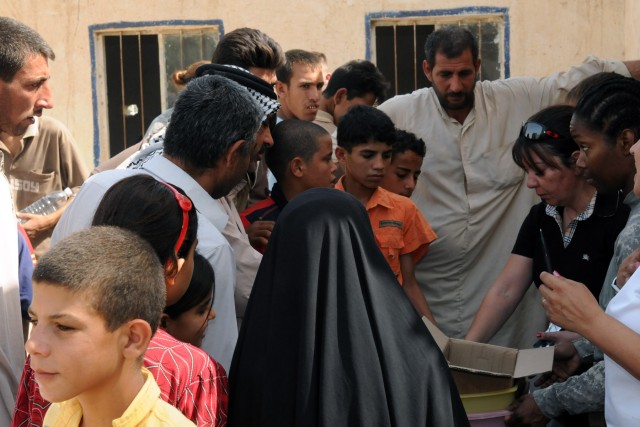
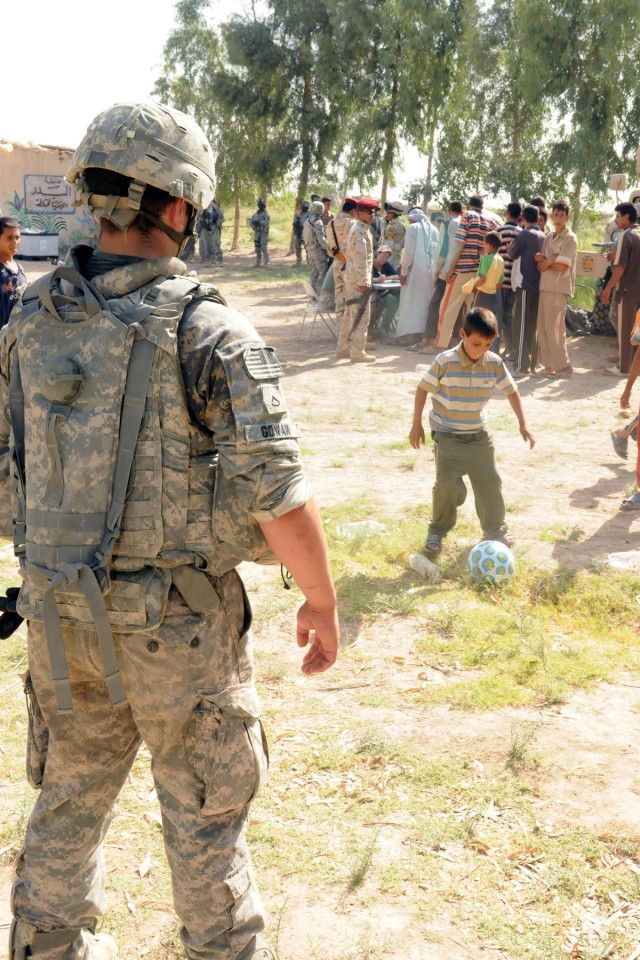
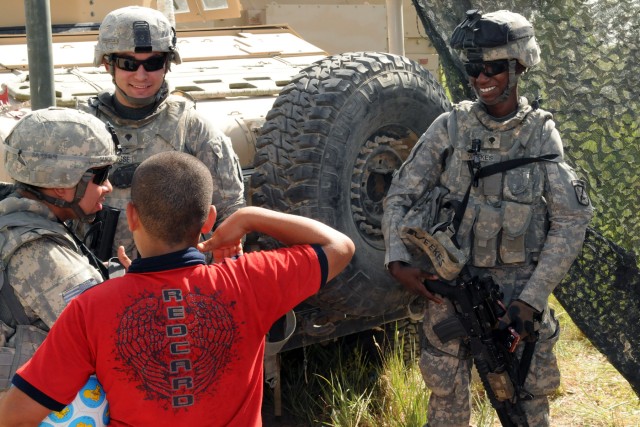
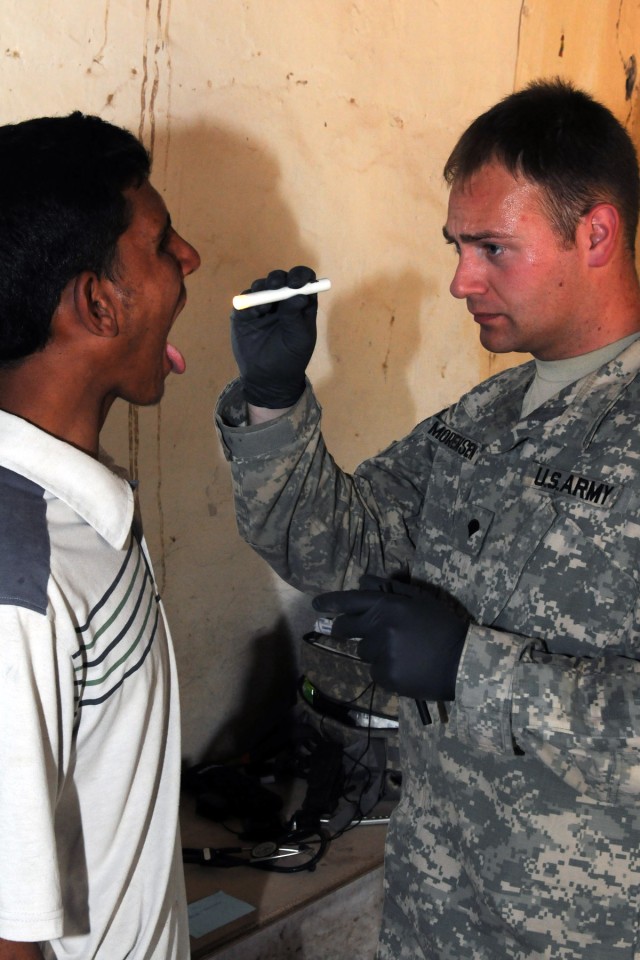
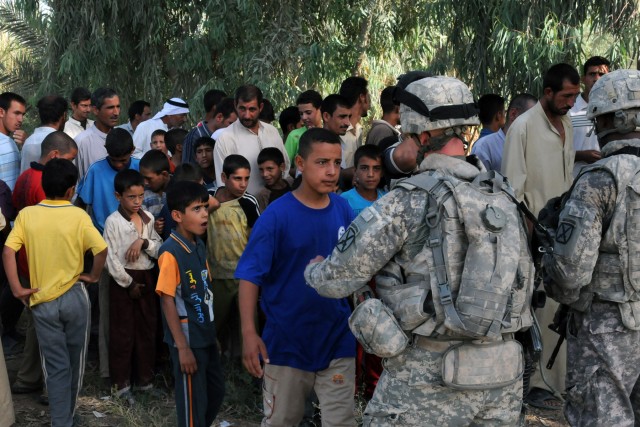
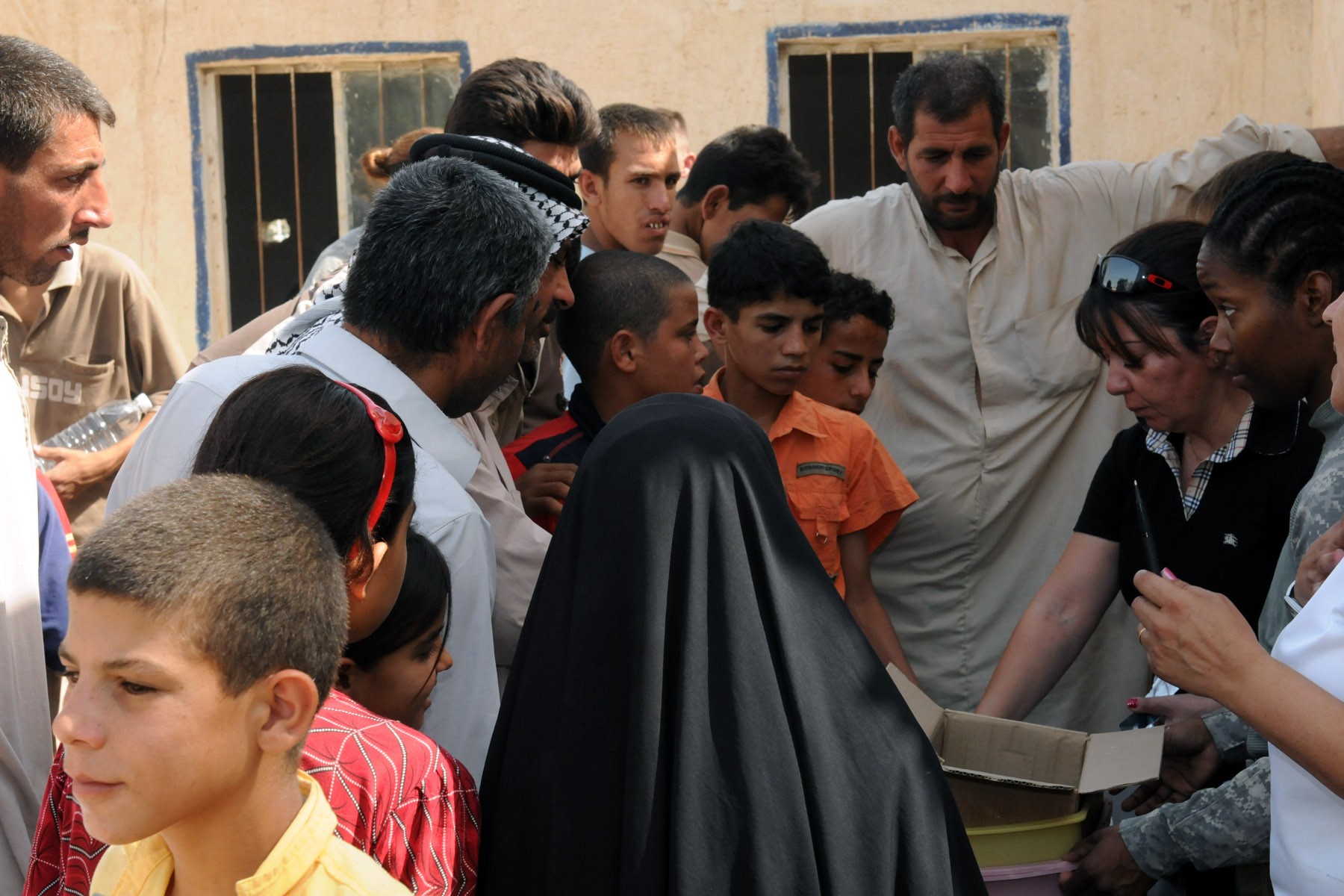
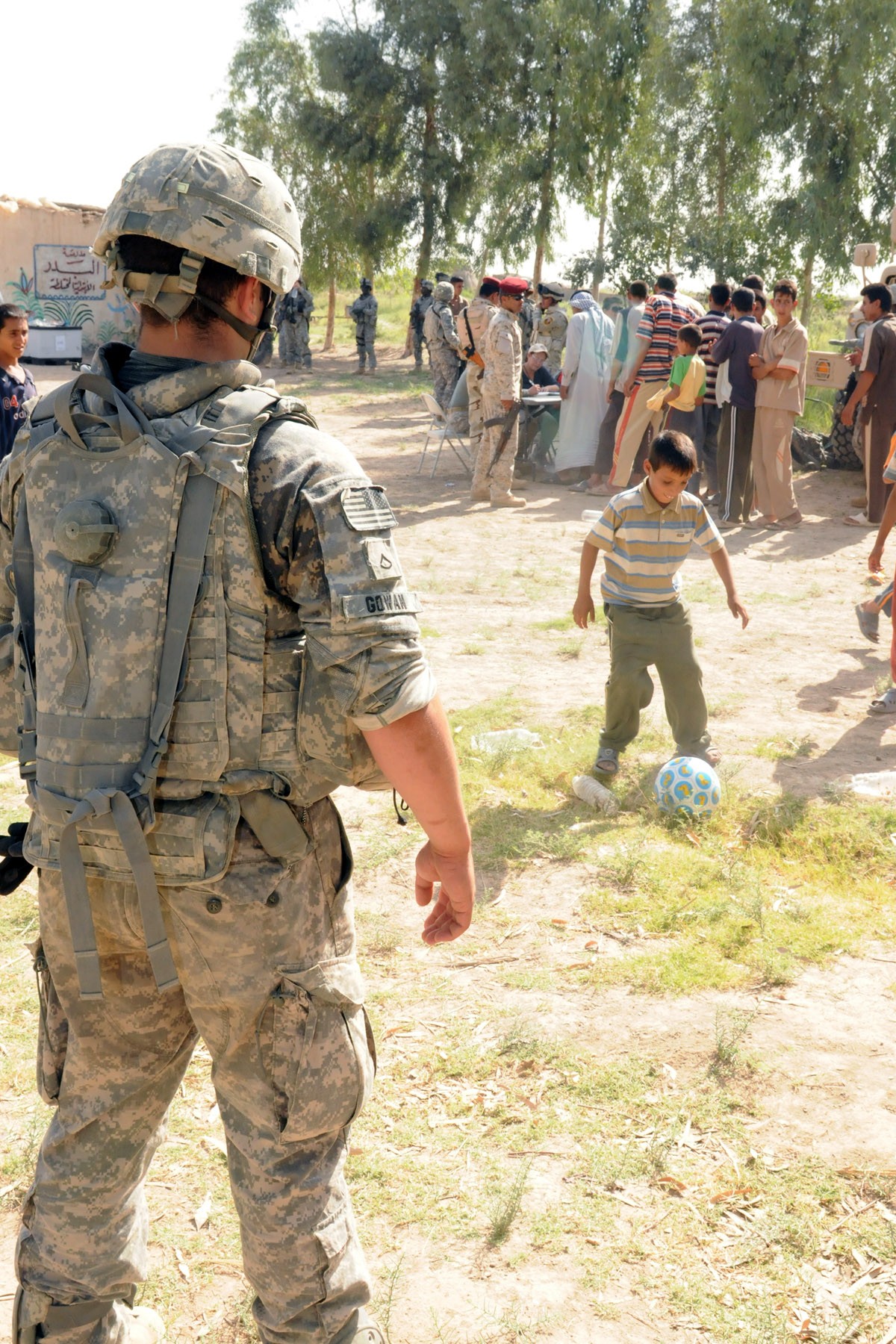
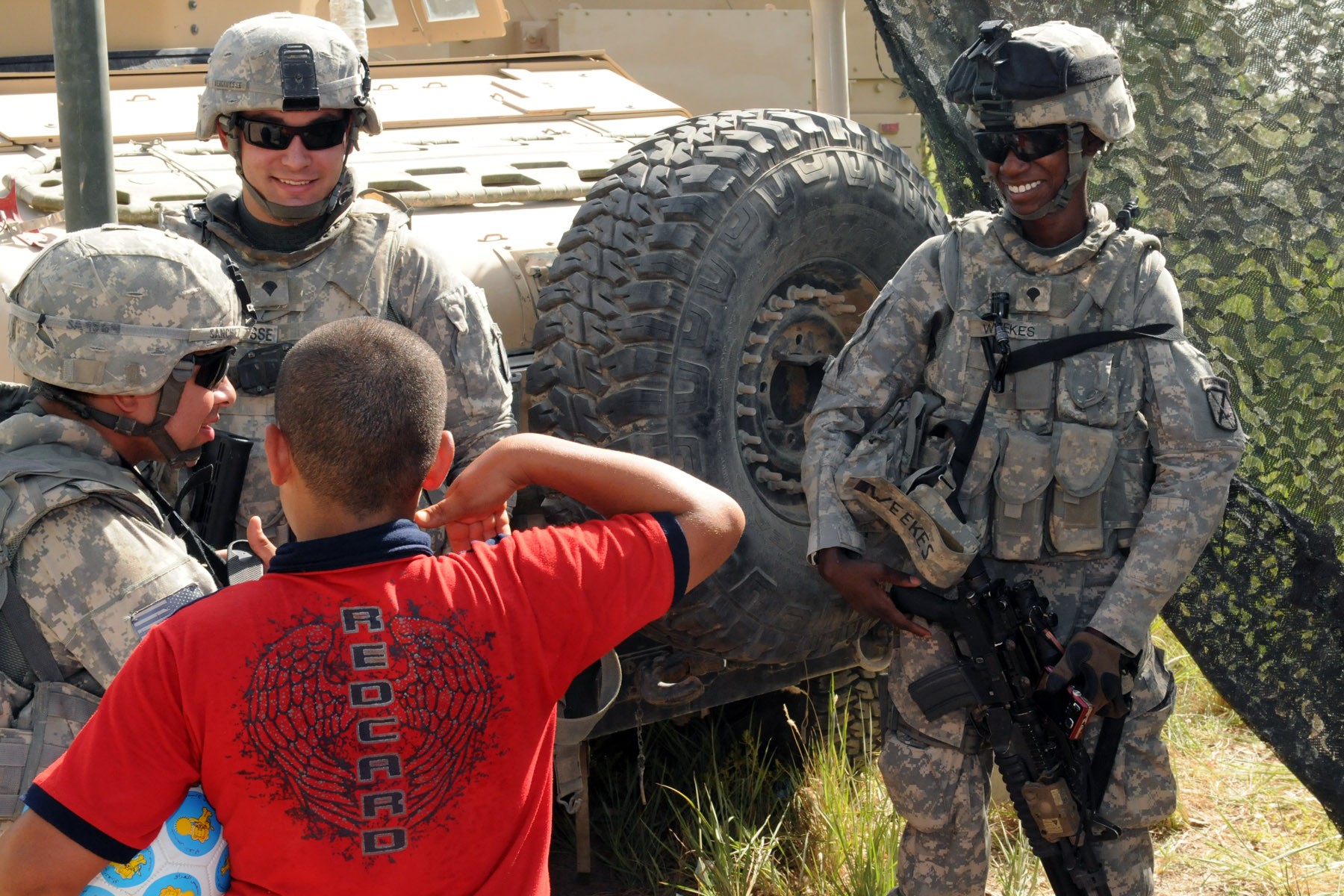
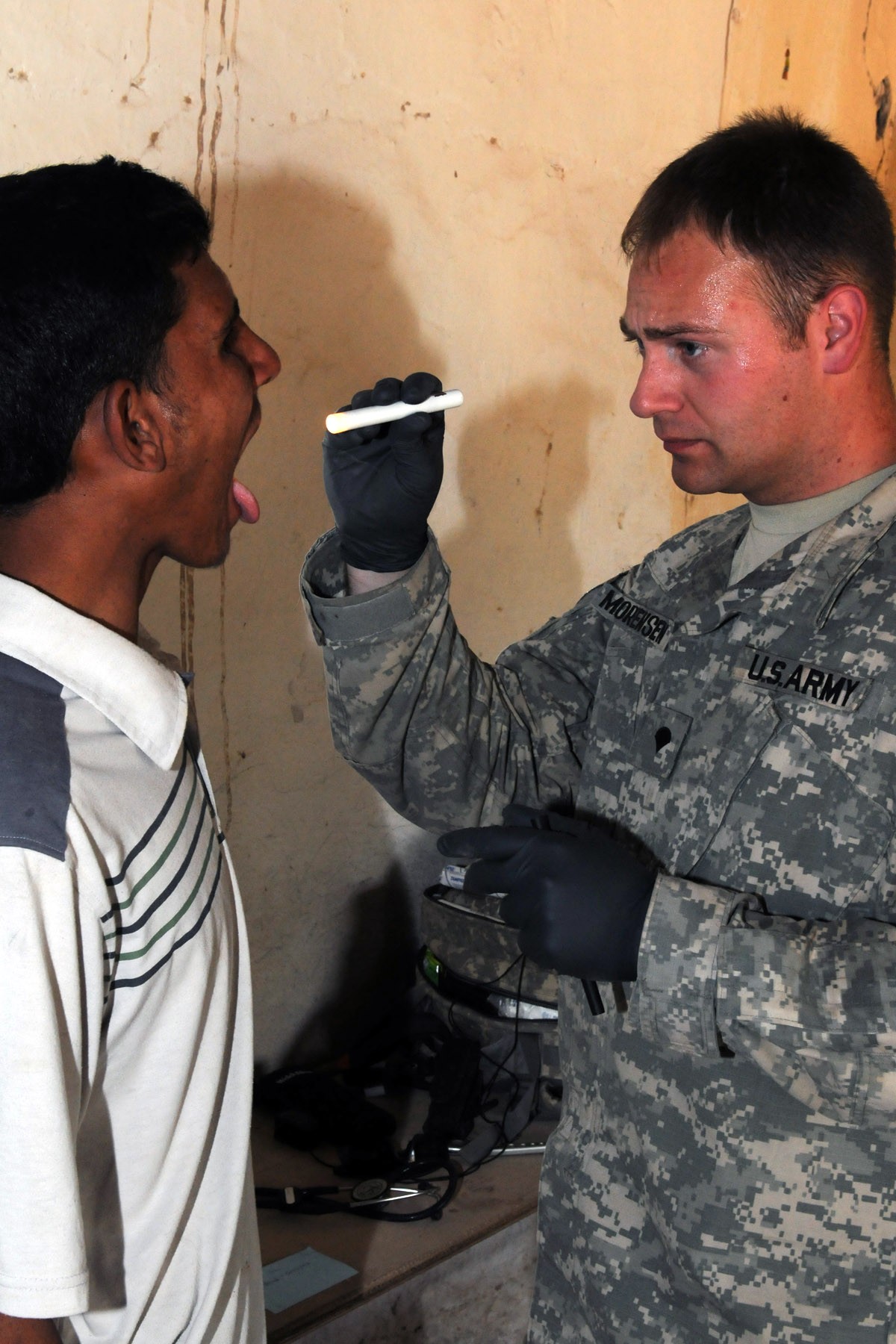
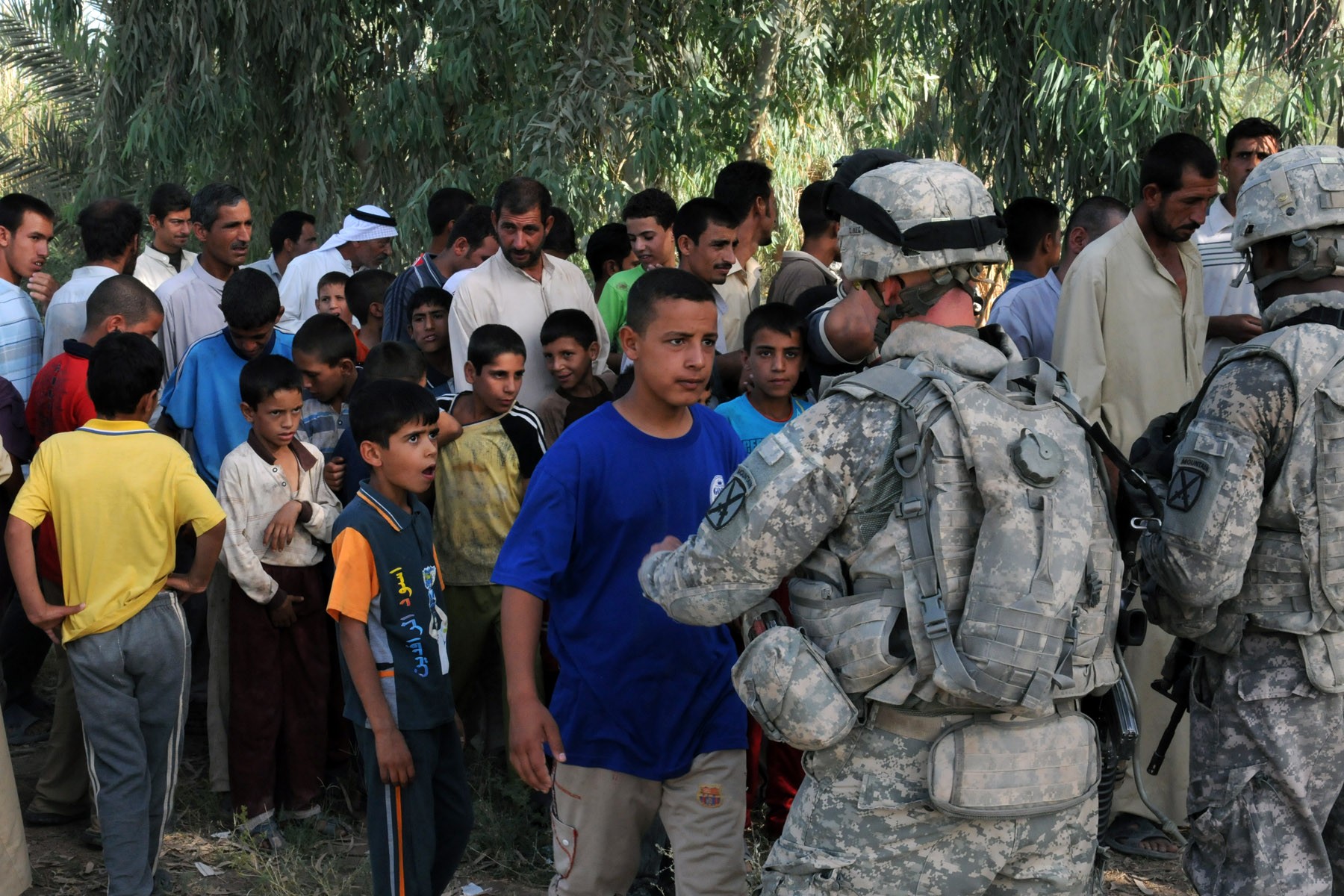
Social Sharing